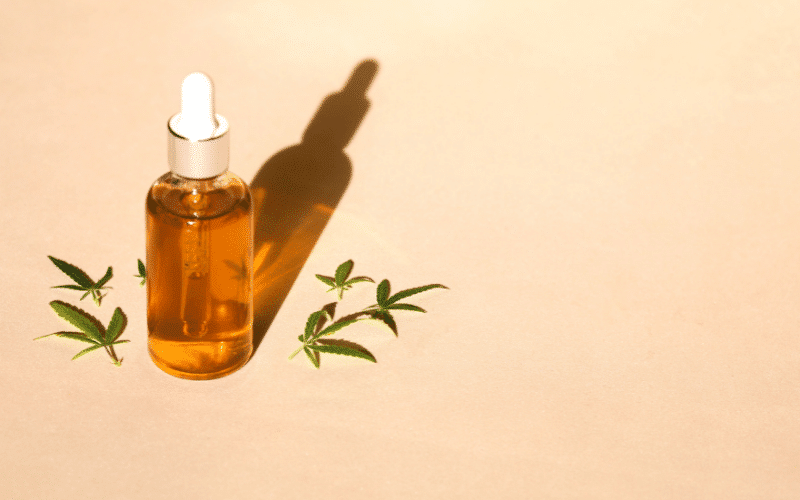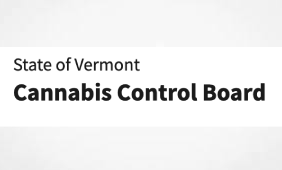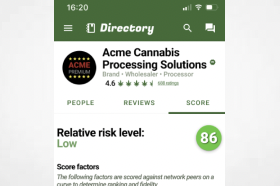Cannabidiol (CBD) is a natural compound found in cannabis which, unlike tetrahydrocannabinol (THC), has no psychoactive effects.
However, like the latter, it offers many therapeutic benefits, including anxiety reduction, pain relief, and prevention of seizures.
Besides, the current legal status of CBD in the world is still very complicated, as it depends on the regulations in force within each country. You should know that even though CBD comes from the cannabis Sativa plant, most laws separate the plant into two subcategories depending on its THC level.
But thanks to US laws and regulations, CBD is now easily accessible around the country, and you can legally order and buy your CBD flowers, CBD oils, and other CBD products online at the new site Justbob.net!
Cannabis and CBD
These two subcategories are cannabis and hemp. In most countries, cannabis is the strain that contains more than 0.5% THC, while hemp is the plant that has the least. CBD can come from both the cannabis plant and hemp.
According to national laws, CBD extracted from hemp or cannabis can be divided into three categories: 100% legal, therapeutic, and strictly controlled.
If CBD is 100% legal, it can be sold to the public and even taken on the plane and in the country where you will be spending your holidays.
However, it must be said that only a small part of countries has fully legalized CBD, such as Jamaica, Colombia, and Uruguay.
On the other hand, CBD is not available for sale to the public in Australia, Canada, and Chile, but its therapeutic use is permitted.
Other countries instead classify CBD as a strictly controlled substance, if not prohibited, while there is no specific regulation in others.
The legality of CBD in the United States and North America
In the United States, CBD in food and beverages is still illegal according to the Food and Drugs Administration, as is its marketing as a dietary supplement.
In Canada, on the other hand, CBD is federally legal, but depending on which state you are going to for vacation or business purposes, purchasing cannabidiol-containing products could be more or less complicated.
CBD: the differences to keep in mind when taking it abroad
Some countries also distinguish between CBD from cannabis and CBD from hemp.
For example, in the United States, hemp-derived CBD is legal throughout the country, while cannabis-derived CBD is only legal in some states (such as Colorado).
We must also add the differentiation between hemp seed oil and CBD oil. Hemp seed oil does not contain cannabinoids, has been available on the market for years, and falls into the food category.
CBD oil, on the other hand, being a relatively new product, has not yet been classified as a food product.
Depending on the country you go to, CBD products can be classified as novel foods, but it can also happen that specific authorization is required if the oil has been subjected to particular extraction methods or purification techniques.
In some countries, topical CBD-containing products may be sold as cosmetics, while in others, they can only be purchased on prescription.
The CBD market, globally, is therefore present in all forms, and, with the ever-increasing increase in knowledge about the benefits of cannabis, the demand from the public and legal access has also grown significantly.
To give you an overview of the legal status of CBD in the world, we have decided to analyze each continent and each situation so that you can know how CBD is considered in the country you will be traveling to for holidays or work and the behavior that you will have to assume accordingly.
So, let’s see where CBD is legal in Europe …
CBD in Italy
The legal status of CBD in Europe, perhaps more than in other continents, is very confused: in Italy, CBD is legal in every way.
CBD in Switzerland
In Switzerland, on the other hand, although a few years ago, CBD has begun to be tolerated again and, a little here and a little there, the shops that offer it have begun to make their appearance timidly. Cannabis, as a doping substance, is still illegal.
More generally, as far as all European countries are concerned, the cultivation of industrial hemp is allowed. Still, there is no clear legislation regarding the use of CBD and other cannabis and hemp-based products.
Holland and CBD
CBD products are sold without particular limitations and restrictions in some countries, such as the Netherlands. In contrast, in others, the sale has been allowed until they have been withdrawn, pending the European Union to establish appropriate limits.
Even today, despite the enormous amount of information available at hand, the relationship between psychoactive effects and cannabis is still present in the European collective imagination.
Other European countries
The characteristic of European laws regarding this sector is fragmentation. For example, in some EU member states, CBD products are considered food supplements, so they are legal, while in others, they are not.
To make the picture even more complicated and contradictory is the fact that, in countries where CBD production is not legal, this compound can still be purchased thanks to the principle of free movement of goods.
Among the most permissive countries in terms of CBD, you will find the Netherlands and Switzerland. We also have France, where since 2017, CBD products containing a THC rate of less than 0.2% have been allowed.


















